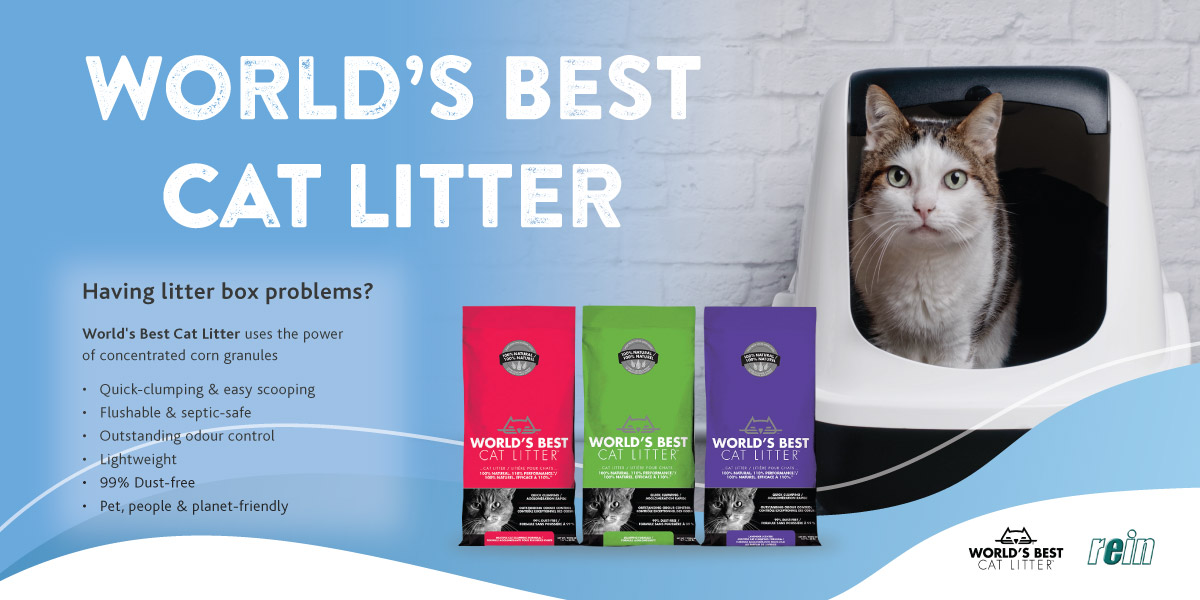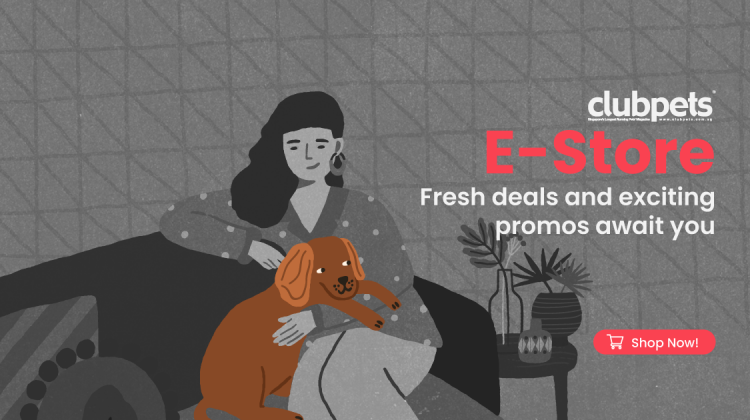Feeding Your Feline: 6 Must-Have and To-Avoid Ingredients to Look Out For
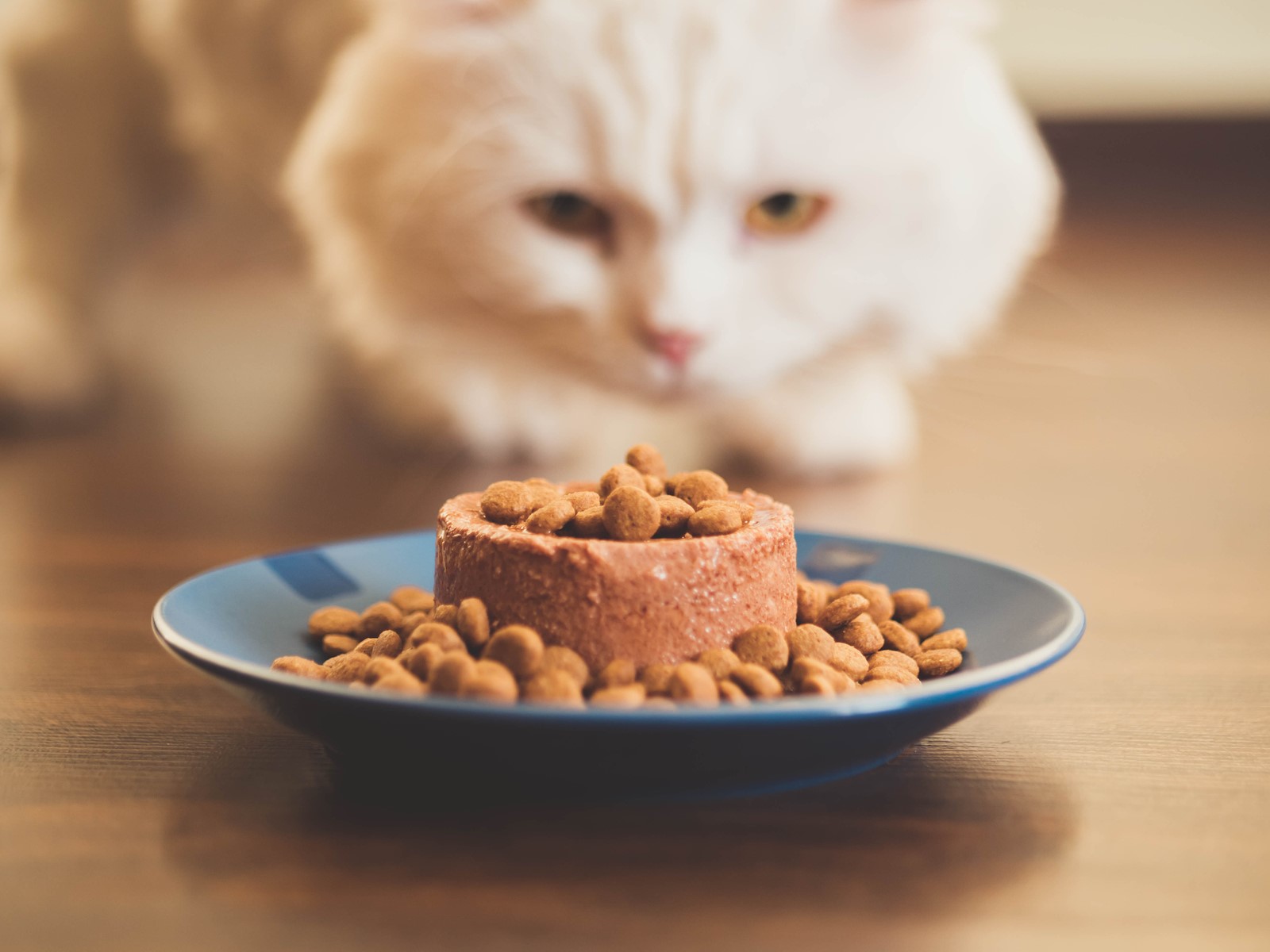
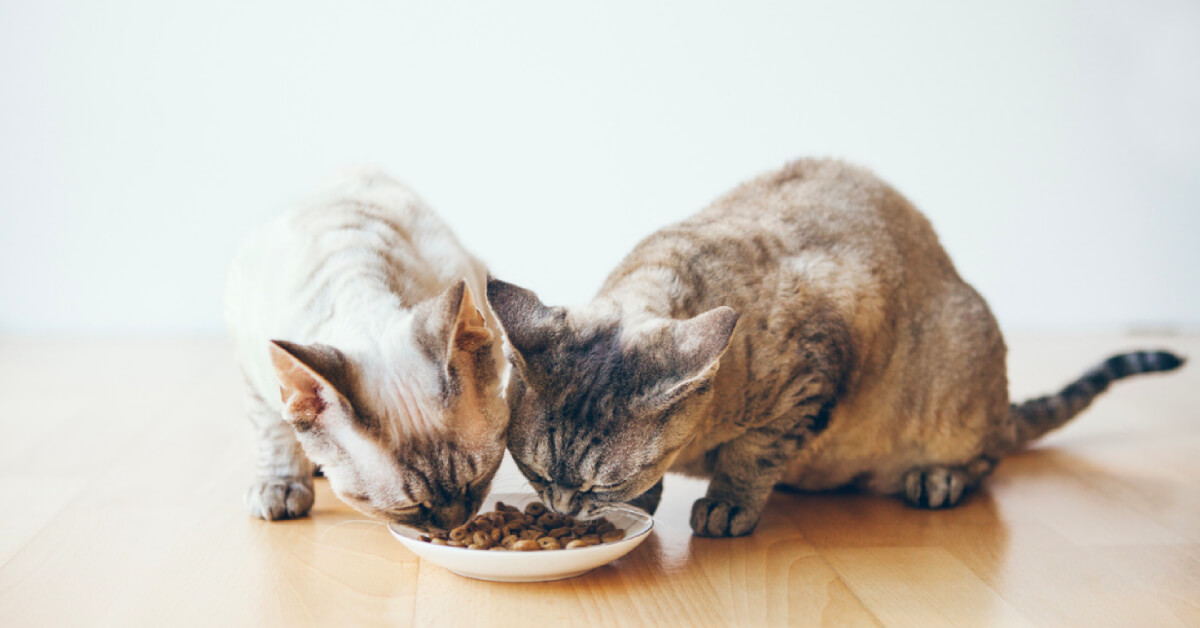
Ensuring balanced meals for your feline is essential. Thus, as cat owners, it’s important to be aware of the necessary nutrients that your pet requires. However, with the wide variety of feline food to choose from, selecting the ideal meal can be challenging. As such, we’ve compiled a list of must-have and to-avoid ingredients to make feline food shopping an easier task.
To Avoid
1. Unidentified Meat By-Products

As defined by American Feed Control Officials, meat by-products belong to animal parts including kidneys, brain and livers. However, it should not include inedible parts such as animal hair, teeth, horns and hooves.
While it may seem suitable, even natural, for a cat to consume all parts of the animal, meat by-products are not recommended due to their anonymous source. Because of the vague origins of these by-products, it can also contain unsuitable parts of the animal including cancerous tissues or various other unsafe parts of an animal.
2. Corn Gluten Meal
Felines are carnivores and don’t necessarily required plant-based items in their diets. However, corn gluten meal and other carbohydrate fillers such as wheat gluten are considered a common ingredient in most cat food to increase the overall levels of protein.
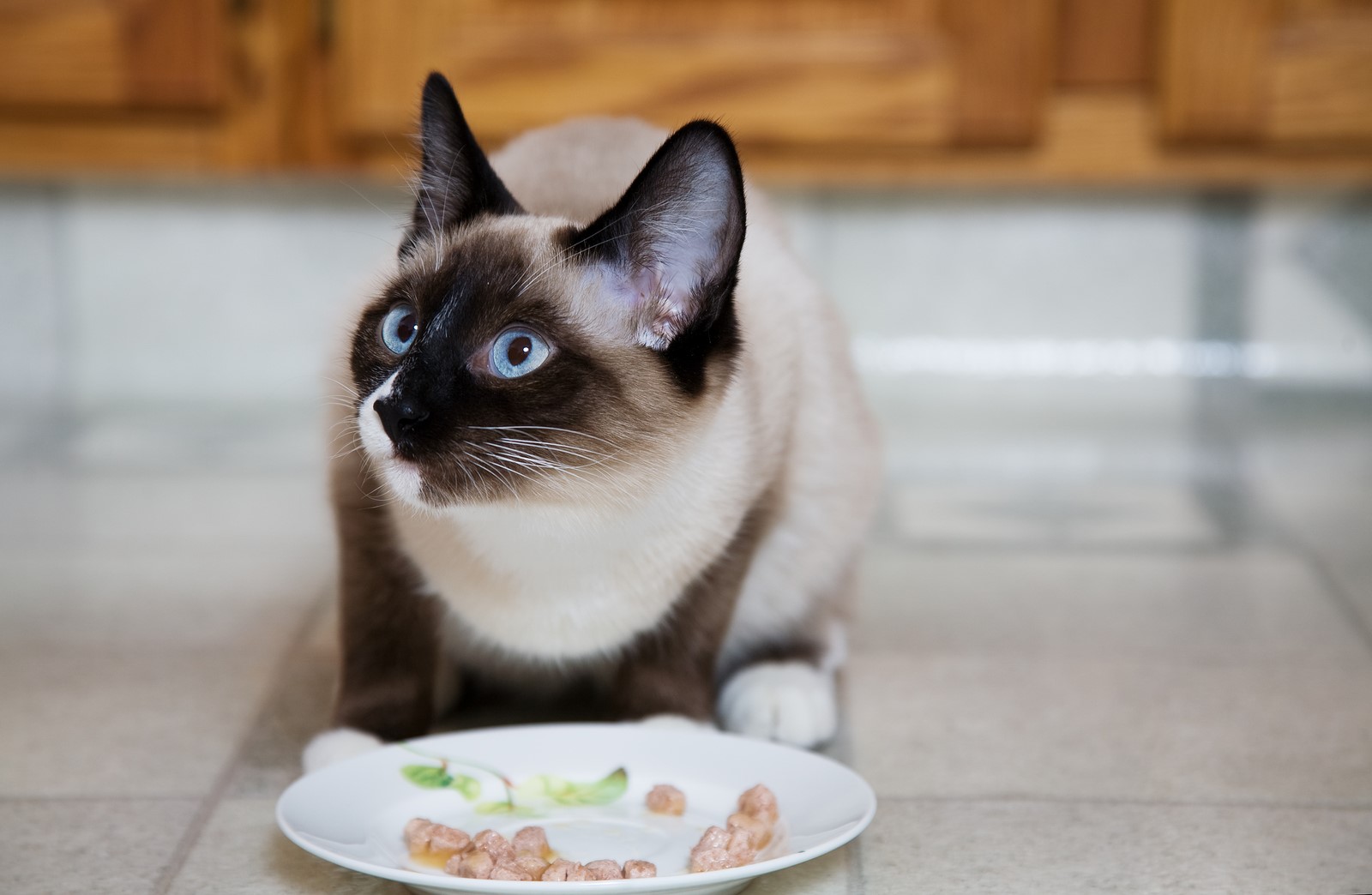
Source: topdeals4wheels
However, these fillers are also used to replace ingredients of higher quality and don’t provide significant nutritional value to your cat. Instead, most cats find it hard to digest food items with corn and may be allergic to the ingredient. While corn gluten meals contain protein, felines are not able to utilise this as well as meat-based protein.
At the same time, corn gluten meals contain high levels of carbohydrates – more than the usual requirement level. As cats are unable to breakdown carbohydrates as efficiently and effectively, it will be stored in the body and lead to obesity and diabetes.
3. BHT & BHA
It’s only natural to want to avoid chemical preservatives in your cat’s food. Not only do these preservatives bring no nutritional value to the table, but they are also full of toxins and harm for your feline.
BHT which refers to Butylated Hydroxytoluene and BHA which refers to Butylated Hydroxyanisole is known for being great at preserving dry cat food. However, these chemical preservatives are also suspected to be cancer-causing and are known for causing liver and kidney damage in rats.
Instead of chemical preservatives, opt for food with natural preservatives such as Vitamins C and E.
To Include
1. Named Protein Source
The main source of your pet’s nutrition usually comes from the meal’s protein source, the meat. Hence, it’s vital to know the origin of the meat, whether chicken, lamb or salmon. Having a clear idea on the source of protein will also reassure you that your feline is consuming natural ingredients and not one laden with chemicals or preservatives.
2. Vitamins and Minerals
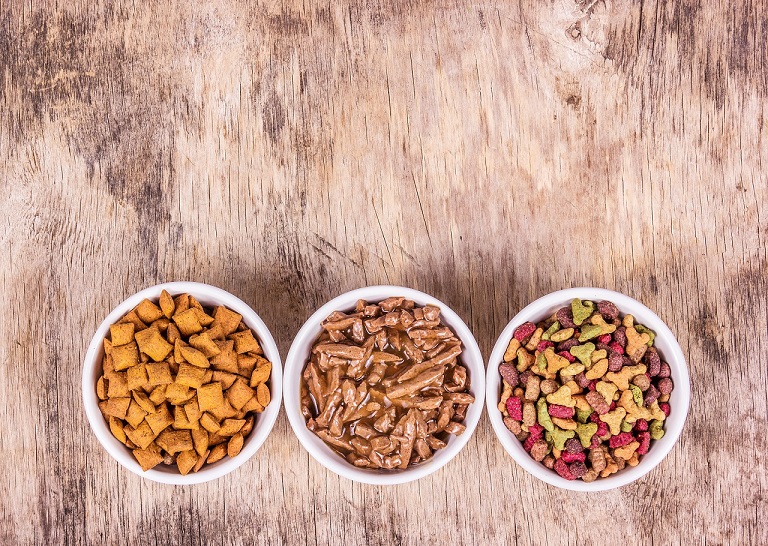
As with humans, cats require its fair share of vitamins and minerals for proper growth and development. Consuming the required amounts of vitamins and minerals ensure that your feline’s metabolism is regulated, pH is regulated and bodily functions are healthy, among others. Examples of vitamins and minerals include vitamin A, magnesium, iron and sodium.
3. Taurine
Taurine is an amino acid that cats require at every stage of their life. Cats require taurine for healthy heart muscle function, vision as well as for the formulation of bile salts. While most animals can produce its own taurine, felines are unable to produce the necessary amounts. Which is why taurine is vital in a cat’s diet.
When picking out food for your felines, ensure that its ingredients are beneficial to its health and growth. Do note that ingredients on the label are listed according to weight, from most to least. While the order may vary, always ensure that the protein source is listed as the first ingredient.
You may also opt to err on the side of caution and ask your vet for advice and/or recommendations as well.

